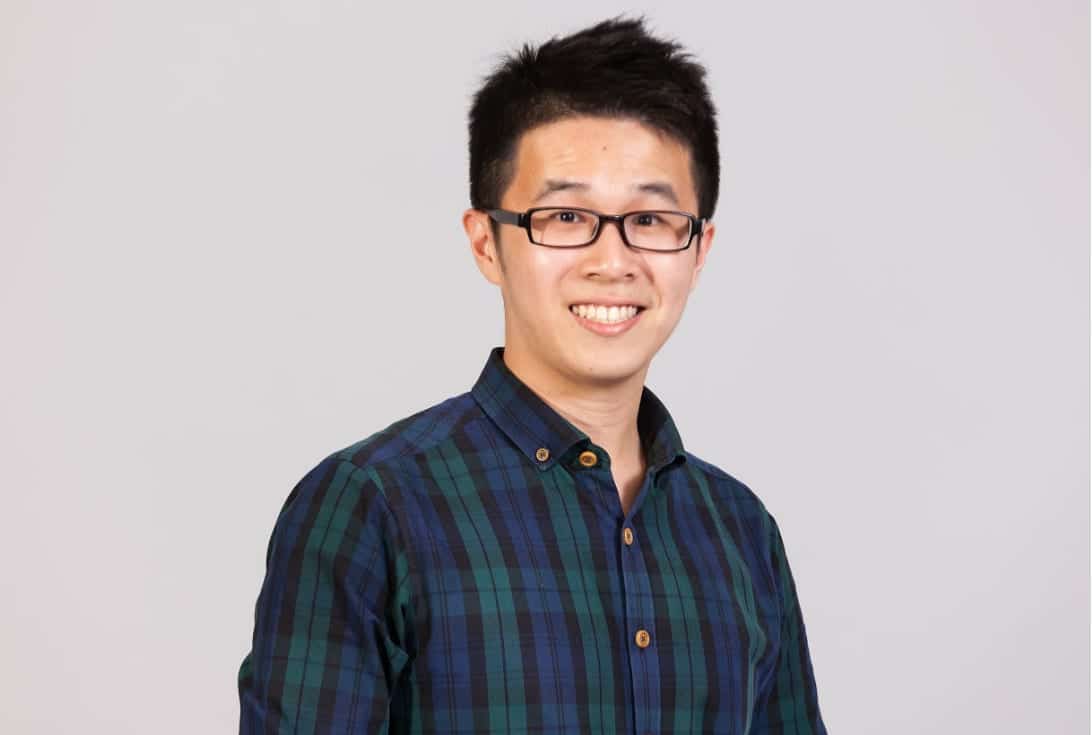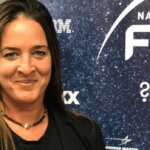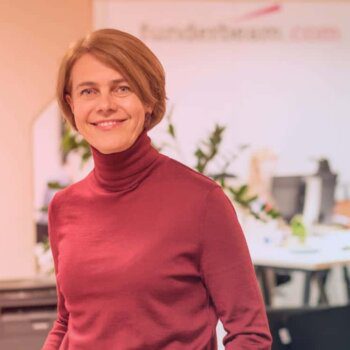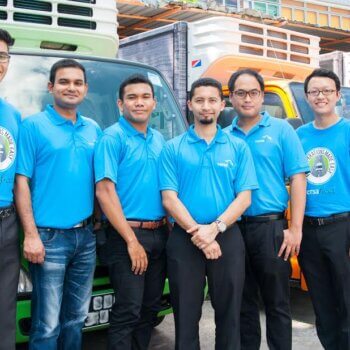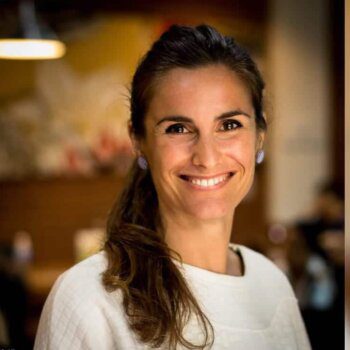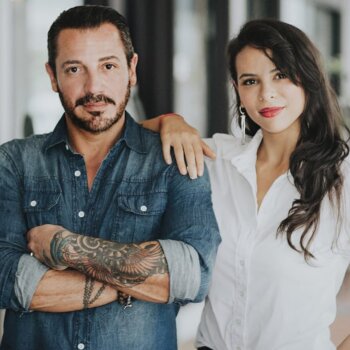At 19, Mervin founded The Pique Lab, and over the years developed the Complete Concept Integration™ science methodology which changes the typical approach of content-based learning to question-based learning.
What’s your story?
Growing up, I had a childhood ambition to become a teacher. Perhaps, my ambition was driven by some caring teachers that I met in school – those who make complex concepts easy to understand through storytelling and those who were patient enough to review my mistakes with me and encouraged me to do better.
During my formative years, I managed to crack the code of doing well in school, which eventually got me scholarships and an opportunity to study economics at Singapore Management University. I discovered that students who struggle to do well academically tend to focus too much on memorising everything and are not well-equipped with the skills to apply the concepts effectively. As a result, these students tend to spend hours and hours studying with very little results. At the age of 19, I started The Pique Lab, a primary school science tuition centre with my partner, Kenneth to change the way Singaporean students learn.
Over the years, we developed the Complete Concept Integration™ Science methodology, which changes the typical approach of content-based learning to question-based learning. By asking the right questions in the right flow at the right time, we hypothesised that students are better able to develop sound thought processes, which can help them apply the concepts that they learnt. Fast forward 5 years to today, we’ve had the opportunity to work with over 3,000 primary school students. These students achieved phenomenal improvements in their results.
What excites you most about your industry?
Even though the primary school Science syllabus has not changed radically over the years, the private enrichment industry is constantly evolving. Helping students nurture their love for learning science is what makes our work fulfilling.
We focus on a new approach to Primary School Leaving Examination (PSLE) science education by putting together good design, in-class engagement, hands-on experiments and making use of technology to make the classroom a motivating and exciting place for students.
From the beginning, we’ve made design as a centrepiece of our curriculum. As students, studying painfully dry, boring and content heavy notes were the “highlights” of our examination preparation experiences during our formative schooling years. As such, we have devoted a lot of attention to making the subject matter easier to understand for primary school students. We have also managed to help many students shorten their learning curve and focus on what is truly important by analysing question trends.
What’s your connection to Asia?
I’ve lived in Singapore all of my life. It is an amazing place & one that is full of opportunities. I’m exceptionally thankful for my education in Singapore as it has opened up several doors to greater things.
Favourite city in Asia for business and why?
Definitely Singapore! Singapore has a very attractive tax structure for start-ups, a relatively safe environment (free of most natural disasters) and is home to a highly skilled talent pool. These are important factors to consider when building a business.
What’s the best piece of advice you ever received?
Hire Slow & Fire Fast.
Be extremely selective of the people you select to be part of your team. Ask the right questions during the interview to seek out their motivations and communicate your expectations to them before they start. If hiring is done right, there will be a lesser need for monitoring and the propensity to shirk will be lower as well. This is one of the best ways to create self-managed teams.
If there is anyone in the team who exhibited signs of misfit (i.e. culture misfit), it is best to nip it in the bud. Clarify with them what is going on and see if there are any avenues for change. As a fast-growing company, we cannot afford to have self-centered rock stars, with little or no regard for other team members.
Who inspires you?
Elon Musk. In particular, I’m fascinated by his never-give-up attitude and his focus on serving his stakeholders (rather than shareholders). He is also one of the most hyper-productive business leaders around.
What have you just learnt recently that blew you away?
Recently, I read a Facebook post by Alvin Huang, the CEO of Success Vantage who shared a bunch of valuable tips to help SMEs grow and break out of their revenue ceilings.
At our current stage of business, he highlighted the importance of grooming team leaders to run the show. As he put it, “Together you can go far, alone… you’re stuck here.” This catalysed a paradigm shift in my thinking and made me create more opportunities for my team members to step up and grow the company together.
If you had your time again, what would you do differently?
If I were to start all over again, I would focus on building repeatable, scalable systems. These systems are integral in helping the organisation function like clockwork and help to reduce miscommunication among team members.
How do you unwind?
I take my mind off work by rolling under the quilts and watching Netflix.
Favourite Asian destination for relaxation? Why?
Nepal is a great place for relaxation. I was first introduced to Nepal by my partner, Kenneth in 2013. Kenneth embarked on a social business venture in Nepal, together with a children’s home after completing a community project with SMU.
I was blown away by the amazing scenery and warm hospitality extended by the Nepalese. My memorable experiences in Nepal include taking a swim in a river with buffaloes and hitchhiking a cement truck to catch a sunset on the top of a hill. I must say the chai tea served in most restaurants over there is great too!
Everyone in business should read this book:
Key Person of Influence by Daniel Priestley. This book uncovers a 5-step framework to becoming one of the most highly valued and paid people in your industry. This framework has helped me gained more clarity in accelerating my business’s growth and empowered me to reach out to more customers over the last five years.
Shameless plug for your business:
The Pique Lab is a premier, private enrichment centre focused on the delivery of interactive science programs for primary school students. It was designed with a focus on creating an encouraging & supportive learning environment for primary school children. We wanted to use our talents to grow a team of educators who care and inspire, rather than just doing their job.
Led by a team of primary school education specialists, we do what we do because we want to empower students with the skills to understand the subject and help them maintain a competitive edge over their peers. Using our proven Complete Concept Integration™ (CCI) methodology, we have helped thousands of primary school students across 78 different primary schools to achieve extraordinary academic results in science.
How can people connect with you?
I can be reached here:
Email: [email protected]
Facebook: https://www.facebook.com/soonmervin
LinkedIn: https://www.linkedin.com/in/mervinsoon
Organisation’s Website: https://www.thepiquelab.com/
—
This interview is part of the ‘Callum Connect’ series of more than 500 interviews
Callum Laing is an entrepreneur and investor based in Singapore. He has previously started,
built and sold half a dozen businesses and is now a Partner at Unity-Group Private Equity and Co-Founder of The Marketing Group PLC. He is the author two best selling books ‘Progressive Partnerships’ and ‘Agglomerate’.
Connect with Callum here:
twitter.com/laingcallum
linkedin.com/in/callumlaing
Download free copies of his books here: www.callumlaing.com
